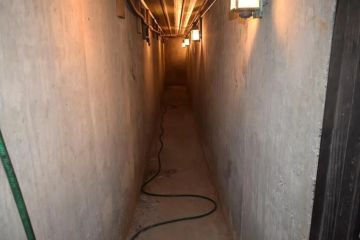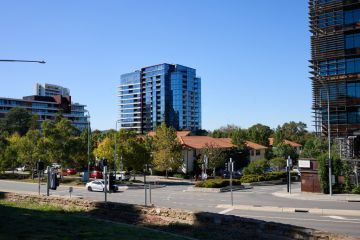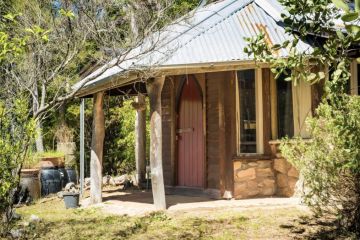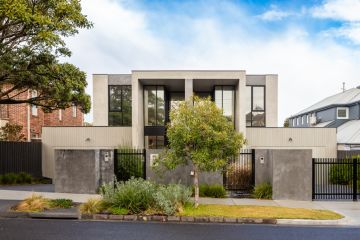Can you access your superannuation early to boost your home deposit?
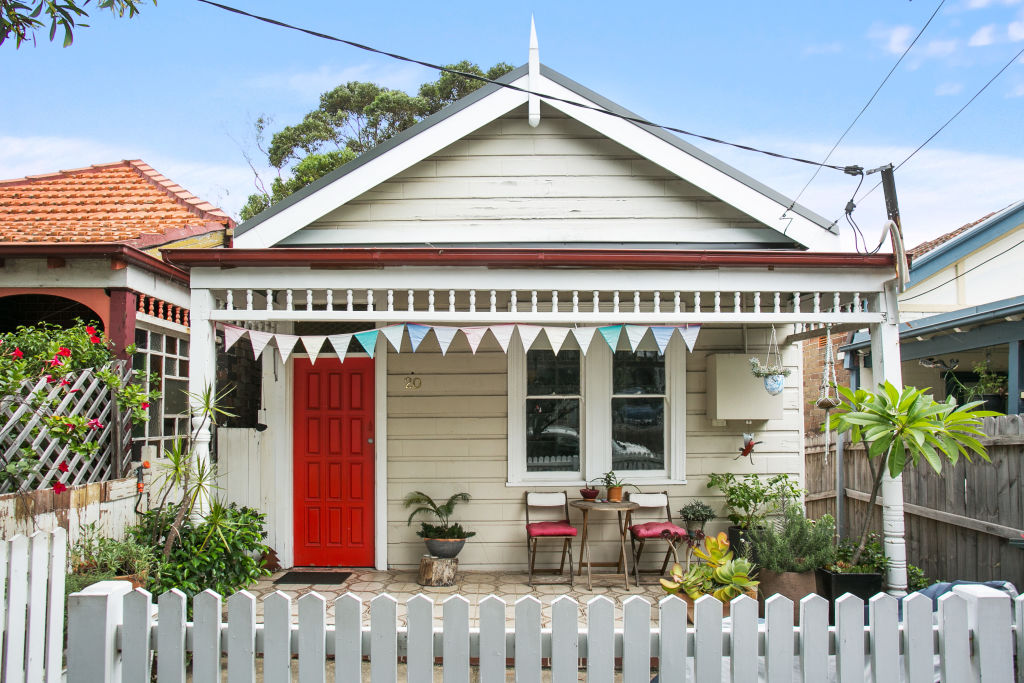
Banks are taking very different approaches when it comes to first-home buyers using super withdrawn under the government’s COVID-19 hardship provisions as part of their deposit.
People who have been affected by COVID-19 shutdowns can withdraw $10,000 from their super this financial year and $10,000 from their super next financial year.
To access the money you must have been made redundant or your working hours must have dropped by 20 per cent.
If you’re a sole trader, your business must have been suspended or your turnover must have fallen by 20 per cent or more.
“The banks all have a different view from a hard no to an OK,” said Mortgage Choice franchise owner Cameron McDonald.
“But they all say as accessing super under COVID-19 is hardship-based, the lender has to be assured the borrower is no longer under hardship when applying for a loan.”
Broadly, it appears many – but not all – banks will accept funds from super withdrawal as part but not all of a deposit. The money also needs to be sitting in your account for three months to qualify as genuine savings.
Banks typically want first-home buyers to save a 20 per cent deposit, although they consider each application on its own merits.
“Mr Taxman” Adrian Raftery says you can use your early release super to put towards a house. “You can do just about anything with it, except putting it straight back into your super and getting a tax deduction for it.”
Raftery says couples could withdraw as much as $40,000 from their super to put towards a house. “This could mean you don’t need to pay up to $15,000 in lenders’ mortgage insurance,” he says.
“Some couples could be up to $100,000 closer to having their first home than they were at the start of the year, thanks to government concessions such as the first-home saver scheme, stamp duty exemption and HomeBuilder.
“A word of caution, though. You would have had to have been financially affected during COVID-19 through job loss or a reduction in hours to get access to early release super. So you may not want to make such a huge financial commitment at this time by buying a house.
“The bank also may not lend you as much as when you were in full-time employment.”
Grant Millar, head financial adviser at Inspired Financial Planners, agrees. “If an individual has taken advantage of the COVID-19 early release from super, the decision about what to do with that money is up to them,” he said. “They can use the funds for a deposit.
“Keep in mind buying a home is about more than how much you’ve saved for your deposit, unless you’re buying the property outright.”
Millar says lenders are also going to look at your savings history, your existing debts, job security, credit score and your capacity to repay the loan when approving a home loan application.
“You may be approved for a home loan if COVID-19’s impact on you was temporary and you can show you’re back on your feet. That said, if your work has recently been uncertain, lenders may look on your circumstances cautiously.”
However, a member of a smaller lender’s credit team said superannuation accessed early would not be considered in an income assessment.
“Using it to buy a house doesn’t fit the definition of hardship and the government could make you pay it back,” she told Domain, on the condition of anonymity. “They could also make you pay a fine, which is potentially an even bigger problem.
“Then there’s the red-flag issue. If the borrower will tell fibs to the government, what else might they be fibbing about?
“Not to mention the dent it would make in your future super savings, which would be in the order of $80,000-plus when you retire because you miss out on the compounding of that sum over the years.”
The First Home Super Saver Scheme is another option for accessing super to buy your first home. Through this scheme, eligible individuals are able to withdraw funds from super if they have made voluntary contributions since July 1, 2017.
“The great thing about the FHSS scheme is you can still use the scheme even if you’re buying a home with someone who’s not a first-home buyer,” Millar said.
“But once you’ve contributed the funds, you can only apply for a release once, and it has to be for the purpose of buying your first home within 12 months of the release,” he adds.
Whatever your circumstances, the bank will only lend you money if you can demonstrate you can pay back the loan over the course of its life.
So while it’s important to take advantage of all the government incentives to which you’re entitled, you still need to have regular income to pay off your mortgage over time.
We recommend
We thought you might like
States
Capital Cities
Capital Cities - Rentals
Popular Areas
Allhomes
More
